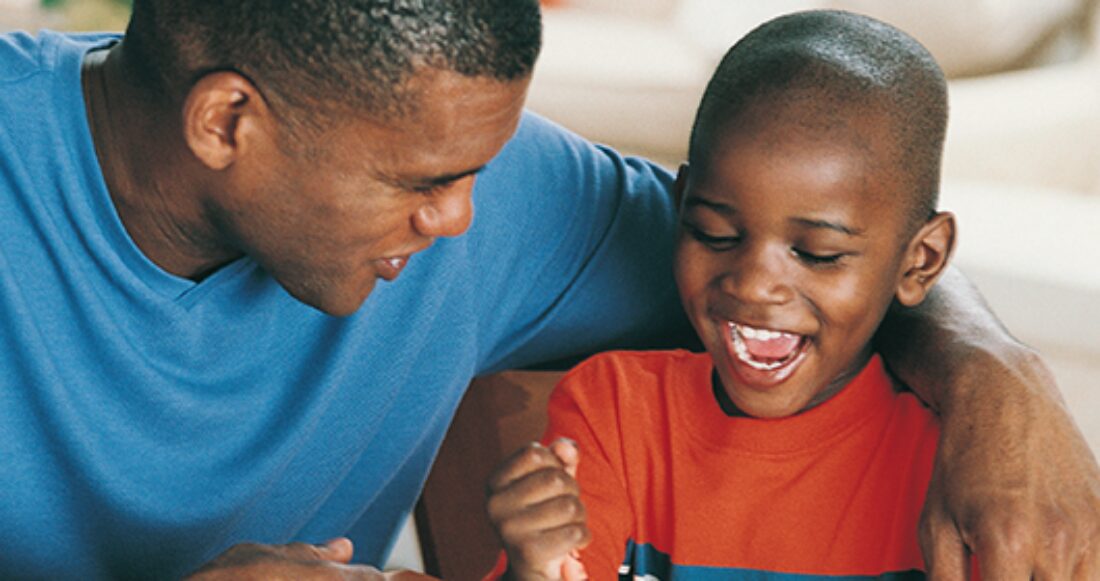ARC Reflections: Trauma Training for Foster Parents and Caregivers

A new skill-building curriculum to help foster parents, kin and other caregivers support children who have experienced trauma is now available. ARC Reflections provides caregivers with tools and hands-on training to help children and teens build healthy attachments with adults, regulate their emotions and behavior and build strengths and competencies that may have been disrupted by exposure to trauma.
Download the Foster Parent Resource Guide
“ARC Reflections is a freestanding, in-service parenting course that adds a trauma focus to a child welfare agency’s array of resources for caregivers,” says Tracey Feild, director of the Casey Foundation’s Child Welfare Strategy Group. “If implemented well, the curriculum can reduce placement disruptions and foster parent turnover and allow children and their caregivers to focus on building a relationship and permanence.”
Tested in six pilot sites in 2015 and evaluated by Child Trends, ARC Reflections — a collaboration between the Casey Foundation and the Justice Resource Institute — was written by clinicians Margaret Blaustein and Kristine Kinniburgh, the developers of the Attachment, Regulation and Competency (ARC) framework. A growing body of research indicates that the ARC framework reduces children’s symptoms of posttraumatic stress and increases their adaptive and social skills.
ARC Reflections includes everything an agency needs to perform the training program, including an implementation guide, PowerPoint presentations and facilitator guides, handouts for foster parents, a case manager guide and survey and feedback materials. The curriculum is available without cost.
During the curriculum’s nine two-hour sessions, facilitators help caregivers practice problem-solving skills that they can apply in their homes and relationships. In addition, “Olivia’s Story,” a composite case study of a child’s experiences at different ages and developmental stages, reinforces key themes and illustrates strategies for helping children with their emotions and behavior.
The curriculum encourages foster parents to be curious and reflective about children in their care and gauge their own reactions and responses. Frequent “check-ins” allow adults to link their levels of energy and emotional states with their ability to be thoughtful, engaged caregivers.





